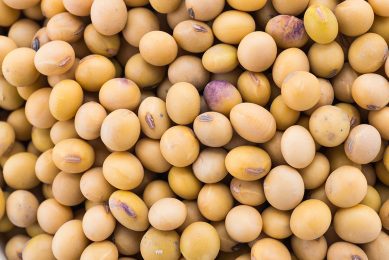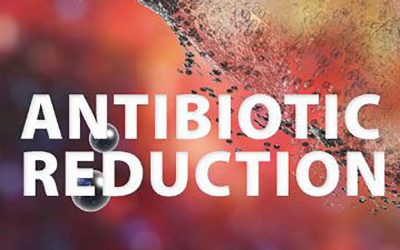ProTerra Foundation launched to support sustainably farmed non GM crops
As demand for non-GMO products worldwide increases, a new nonprofit organisation has been launched in the Netherlands to support the European food and feed industries in sourcing sustainably produced, non-genetically modified grains, cereals and derivatives and in particular, soy.
Backed by industry stakeholders from both Europe and South America, the ProTerra Foundation claims that the growth in genetically modified crops is not only a risk to food safety and food security, but causes a devastating impact on the welfare and lives of farmers and rural communities in countries such as Brazil and Argentina, from where millions of tonnes of soy meal, soy beans and soy oil are imported into the EU every year.
The foundation is dedicated to providing the agricultural and food industries with the tools that they need to achieve improved sustainability performance. As a result, the ProTerra Foundation has recently become the new custodian of the highly successful ProTerra Certification Standard against which non-GMO soy producers and supply chain suppliers have been certifying millions of tonnes of soy for more than six years.
The programme, originally created by Cert ID, has already significantly contributed to improving the sustainability of the soy supply chain. It is anticipated that placing the ProTerra certification programme under the governance of an independent non-profit foundation, managed through a broad multi-stakeholder consultation process, will amplify its application and effectiveness as well further enhance its standing as an independent quality mark.
ProTerra certification requires a strict non-GMO limit of less than 0.1% adventitious EU authorised GM contamination, strong traceability, PCR testing at ‘critical’ control points, as well as protection of the rights of workers and indigenous people and preservation of the Amazon and other high conservation value areas (HCVAs).
The strength of ProTerra Certification helps mitigate brands’ exposure and liability related to GMOs and the full range of social and environmental issues. ProTerra also provides the technical basis upon which companies can make strong Non-GMO and ethical claims. It is anticipated that EU retailers and brands will use the new ProTerra certification Trustmark to identify on-pack to consumers products produced without GMOs and according to advanced sustainability practices.
Augusto Freire, Managing Director of Cert ID Brazil said:
“The truth about farming genetically modified soy capable of withstanding being drenched in toxic pesticides and their effect upon the environment and soil fertility is shocking. Understandably EU consumers are therefore sensitive about the impact of food production on people and the planet, and VERY sensitive about GM in their foods‟.
Richard Werran, Managing Director of Cert ID Europe added:
“The aim of The ProTerra Foundation is to support the feed and food industries in supplying non-GM soy with improved sustainability performance. By fostering agricultural production systems that are sensitive to social and environmental issues, we can contribute to sustainably meeting growing global food demands.
“A rigorous certification programme such as ProTerra which addresses every aspect of the crop’s journey, from farm to fork can contribute significantly to this goal”.
As part of its educational agenda, the ProTerra Foundation is hosting a conference on 24th April 2012 at The Natural History Museum London. The conference will bring together participants from all stages of the soy supply chain, from South America, Asia and Europe including retailers, food manufacturers, feed suppliers, farmers and other stakeholders to explore in-depth the sustainability of the soy supply chain.
- For information on the conference, visit ProTerra Conference
- For information on The ProTerra Foundation visit ProTerra Foundation











